The African pear, also known as safou, is a fruit that is native to West Africa. The safou tree can grow up to 20 meters tall, and the fruit is usually green or yellow in color. The African pear has a number of health benefits, including being a good source of fiber, vitamins, and minerals. It also has a number of antioxidant and anti-inflammatory properties. The African pear is a nutritious fruit that can be enjoyed in many different ways. It can be eaten fresh, cooked, or used in a variety of recipes. The fruit is high in antioxidants and has many health benefits. Some of the health benefits of African pear include:
- Boosting immunity
- Enhancing digestion
- Reducing inflammation
- Regulating blood sugar levels
- aiding in weight loss



What is African Pear?
African pear (Dacryodes edulis) is an evergreen tree native to tropical Africa. The tree produces a yellow-orange fruit that is eaten fresh or used in jams and jellies. African pear is also known as bush pear, natal plum, and bignay.
The African pear tree grows to a height of 20-30 feet and has a spreading crown. The leaves are dark green and leathery, and the flowers are small and white. The fruit is round or oval, and measures 2-3 inches in diameter. African pear fruit has a thin skin and a juicy, fleshy interior. The fruit is sweet, with a flavor similar to apricots.
African pear trees are commonly found in forest reserves and national parks in Africa. The trees are also cultivated in home gardens and plantations.

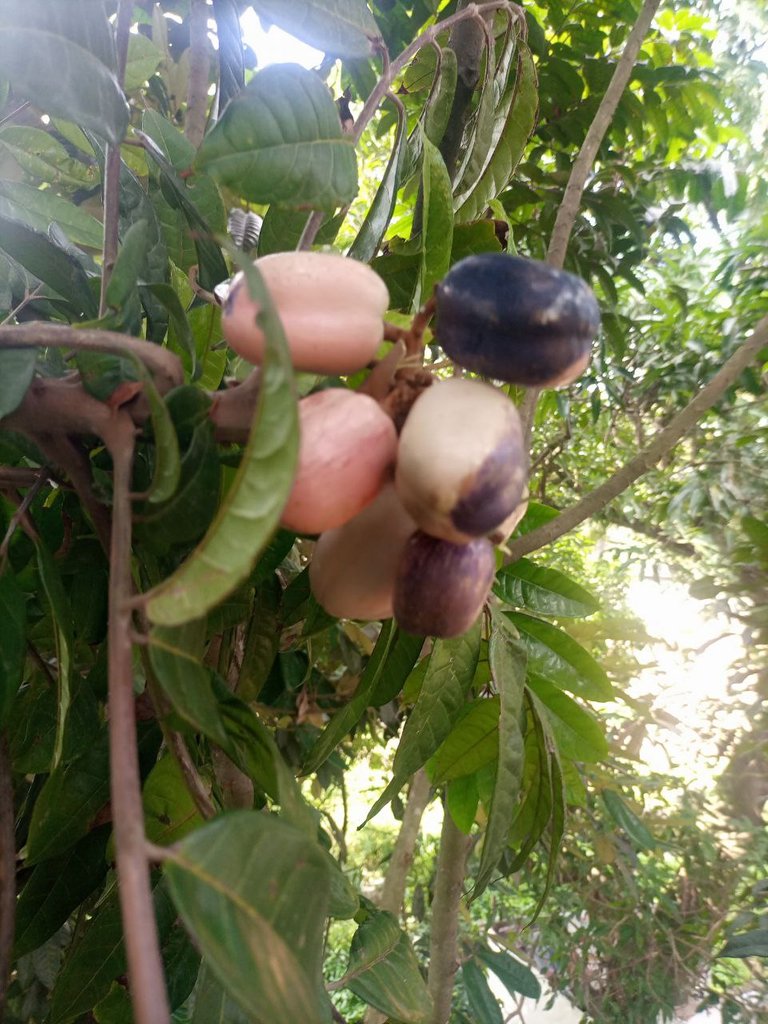
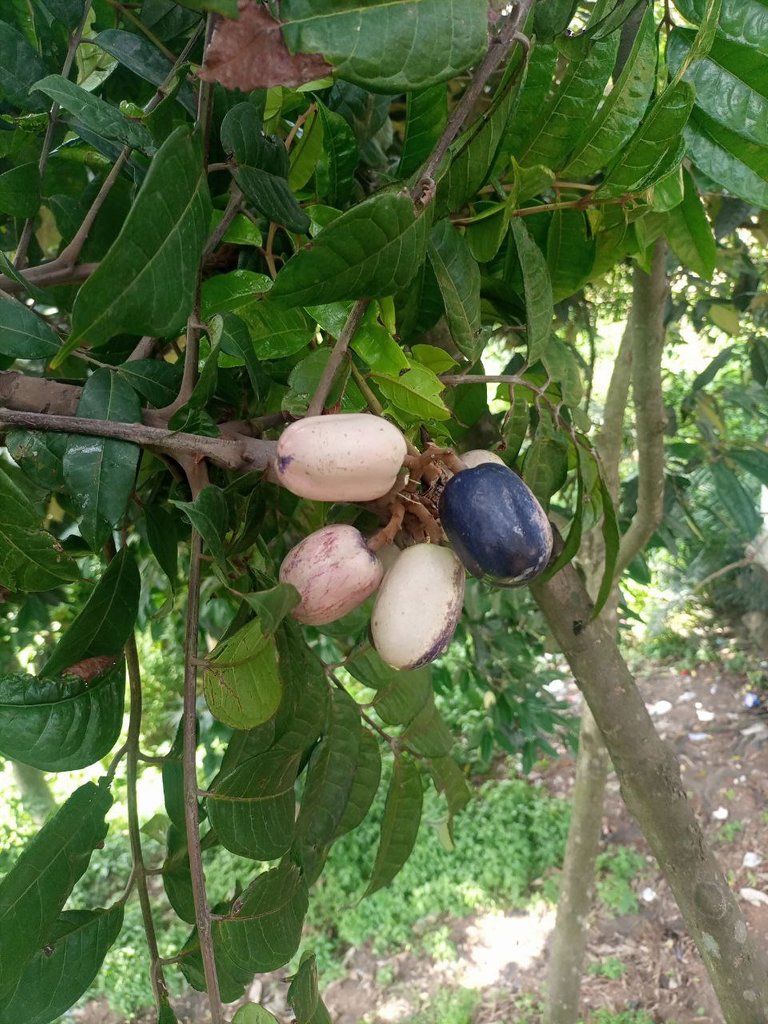
The many health benefits of African Pear
The African pear, also known as Dacryodes edulis, is a fruit that is native to Africa. It is a member of the family Burseraceae, which includes frankincense and myrrh. The African pear is a valuable food source in Africa and has many health benefits.
The African pear is high in fiber, vitamins, and minerals. It is a good source of antioxidants and has anti-inflammatory properties. African pears are also effective in treating diarrhea and dysentery. In addition, the African pear can help to lower cholesterol levels and blood pressure.
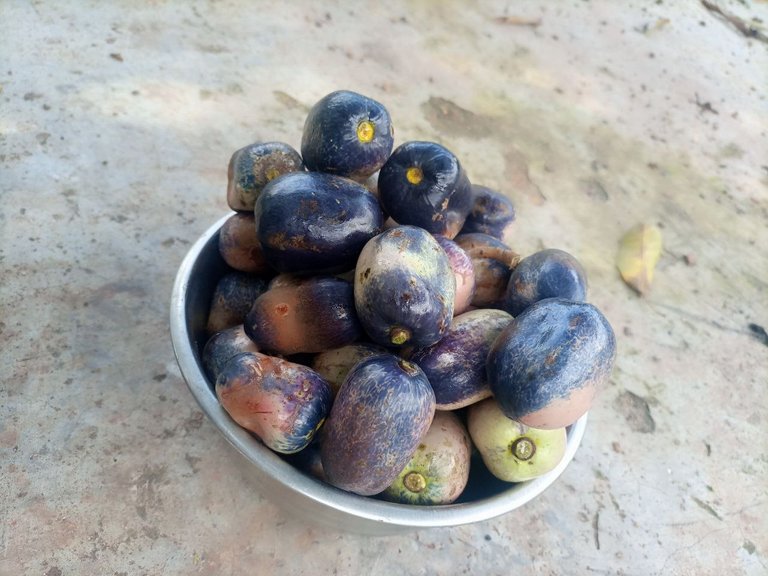
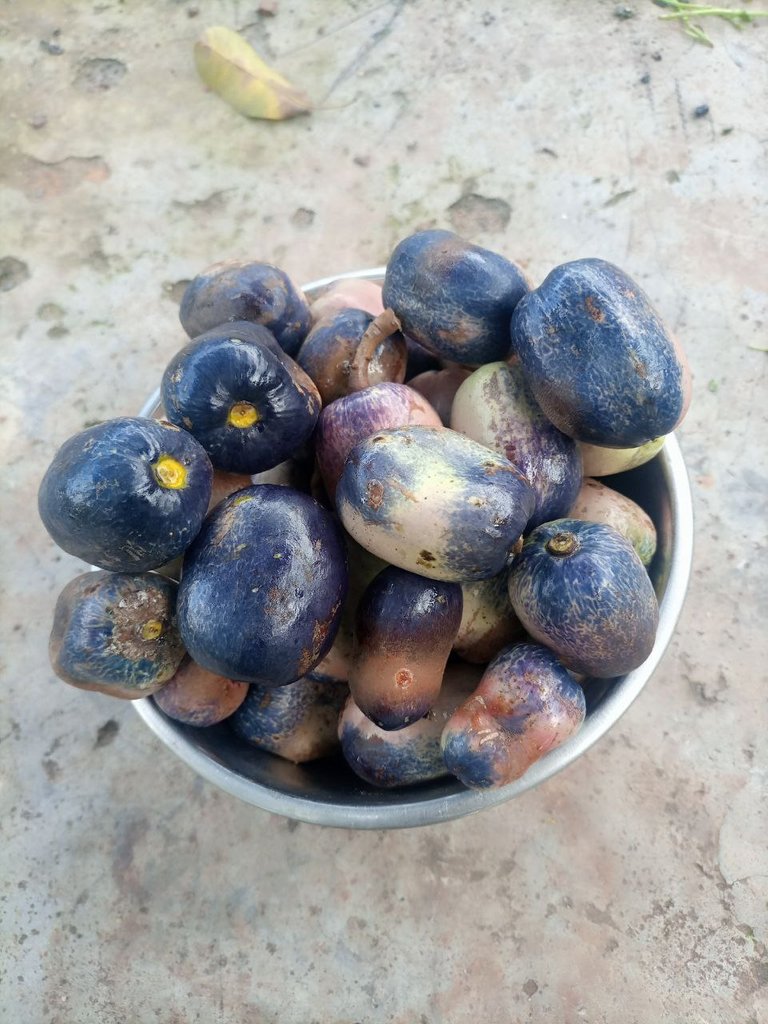
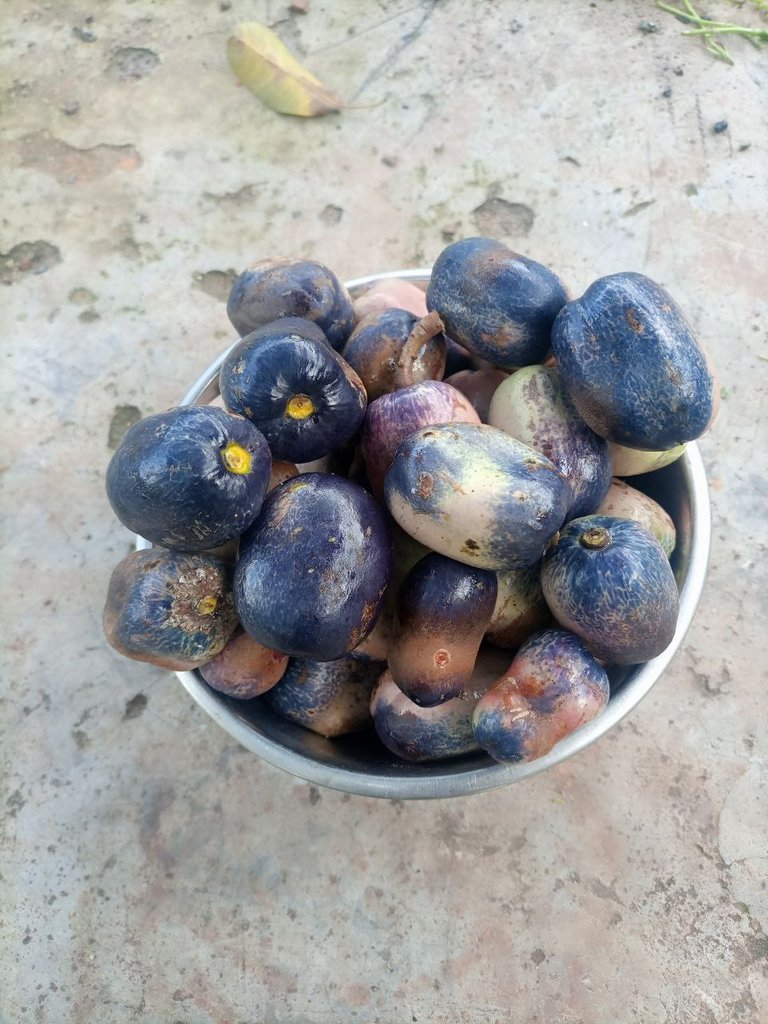
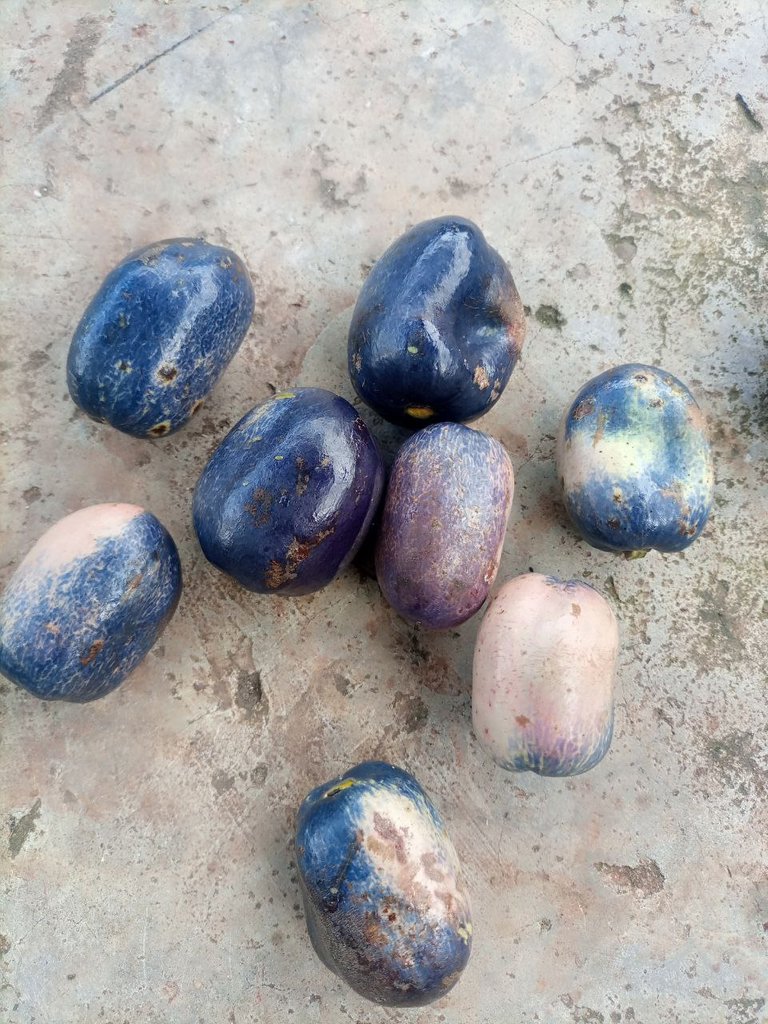
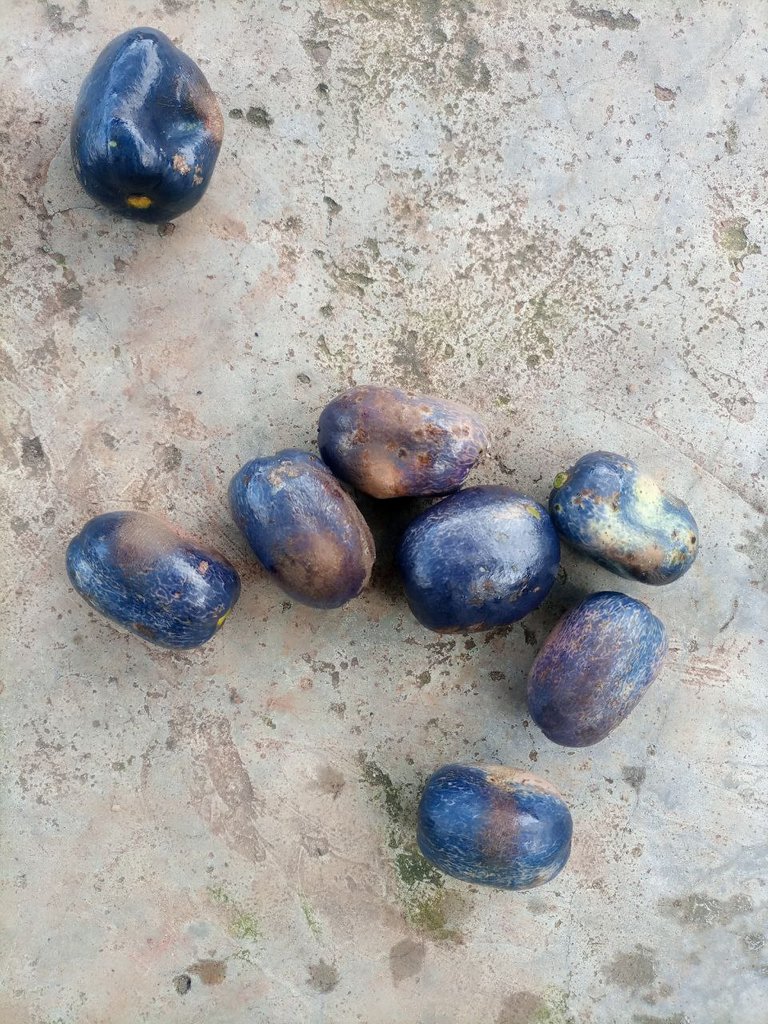
The African pear is a versatile fruit that can be eaten fresh, cooked, or dried. It can be used to make jams, jellies, and juices. The African pear is an excellent addition to any diet and provides numerous health benefits.
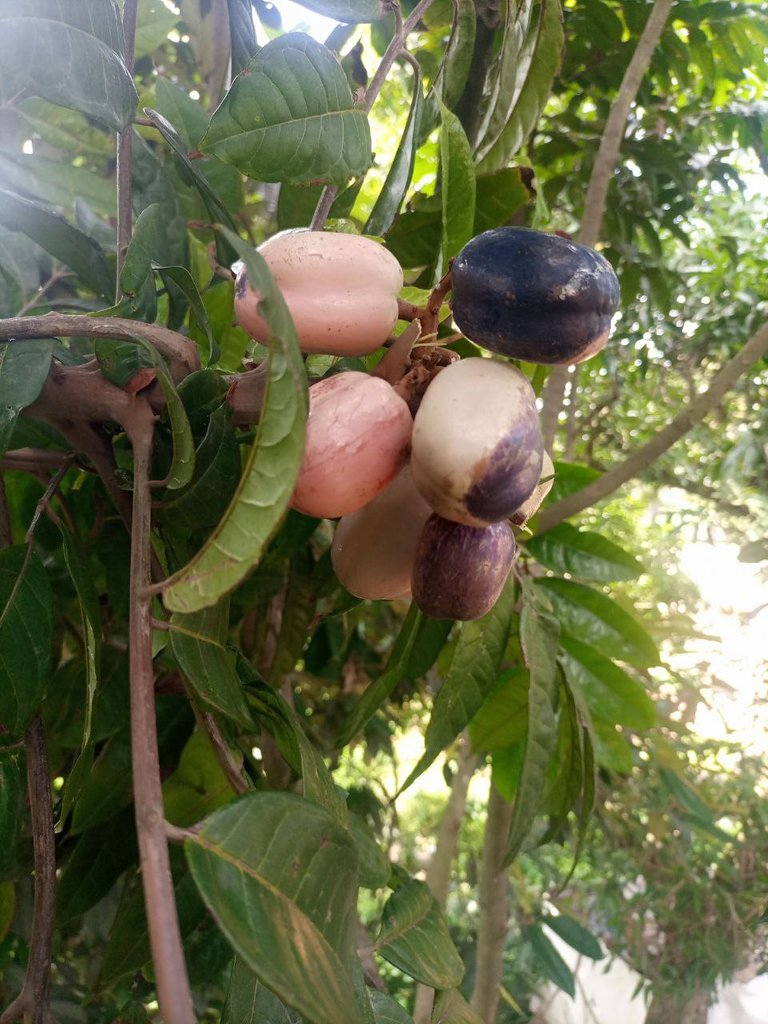
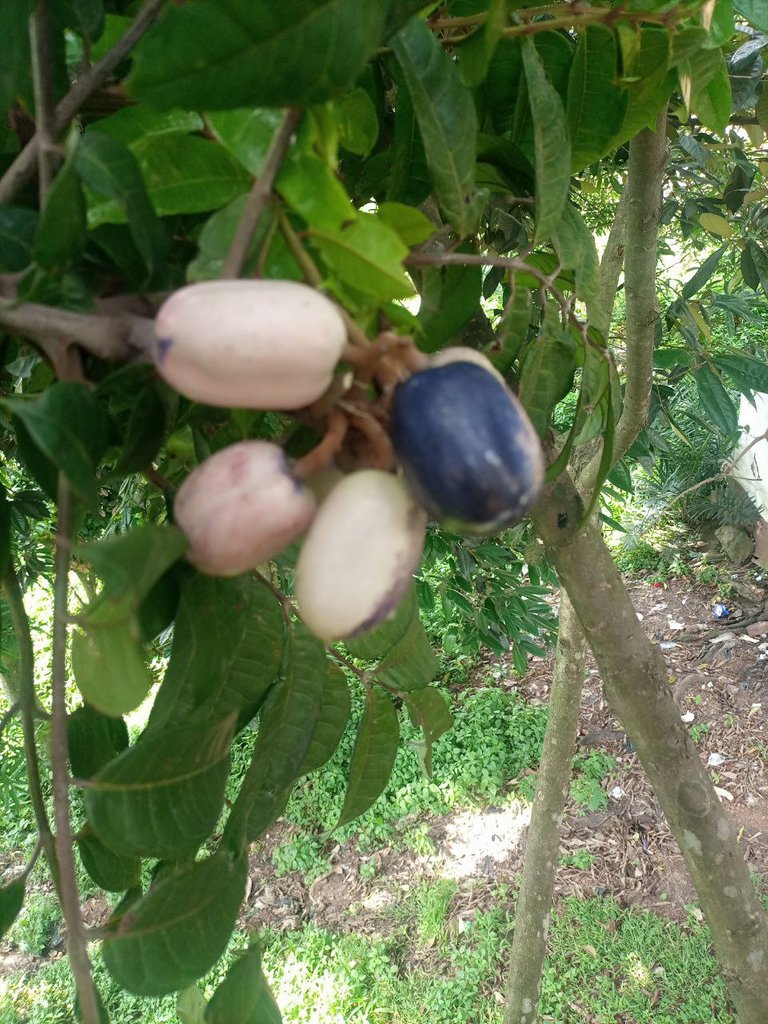
How to incorporate African Pear into your diet
African pear is a nutrient-rich fruit that can be incorporated into your diet in a variety of ways. Here are a few ideas on how to add African pear to your meals:

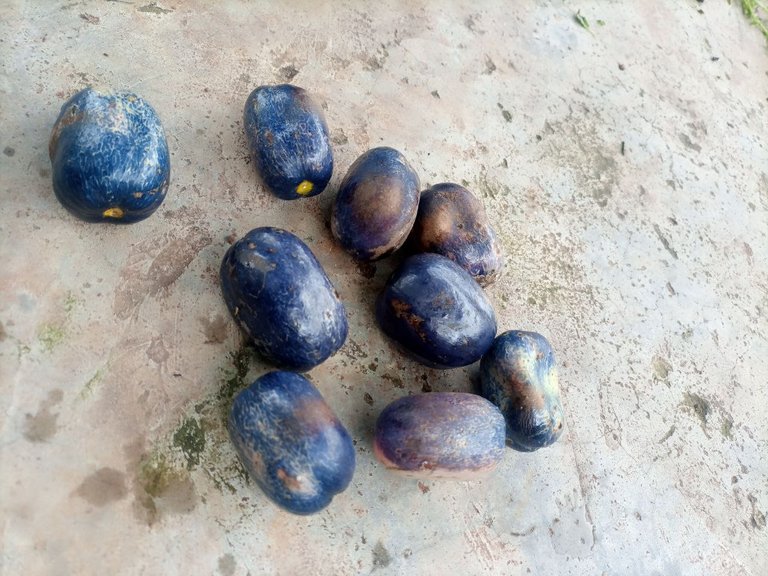
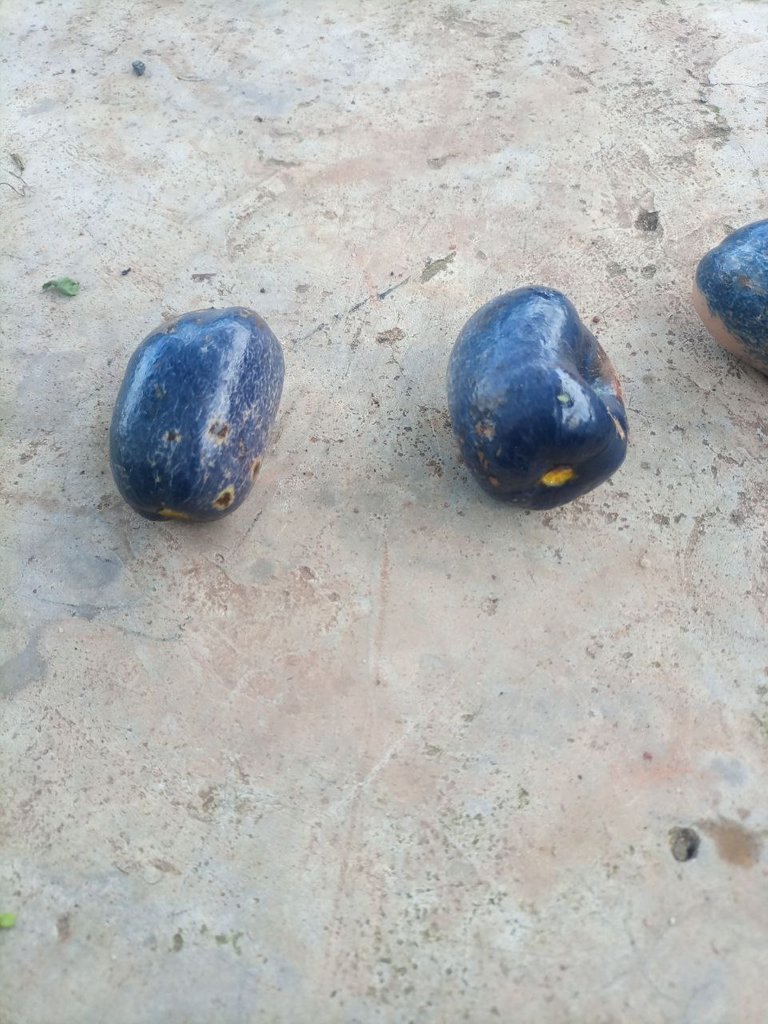

- Add diced African pear to your morning oatmeal or porridge.
- Mix African pear puree into yogurt or smoothies.
- Use African pear juice as a natural sweetener in baking recipes.
- Toss diced African pear into salads or stir-fries.
- Serve African pear halves as a healthy dessert or snack.
- Combine African pear to your corn, roasted or boiled.
As you can see, there are many delicious and easy ways to add African pear to your diet. So why not give it a try today?
To wrap things up
The African pear, or safou, is a nutritious fruit with many health benefits. It is rich in vitamins and minerals, and has been shown to improve heart health, lower cholesterol levels, and reduce the risk of stroke. African pear is also a good source of fiber, which is important for digestive health.


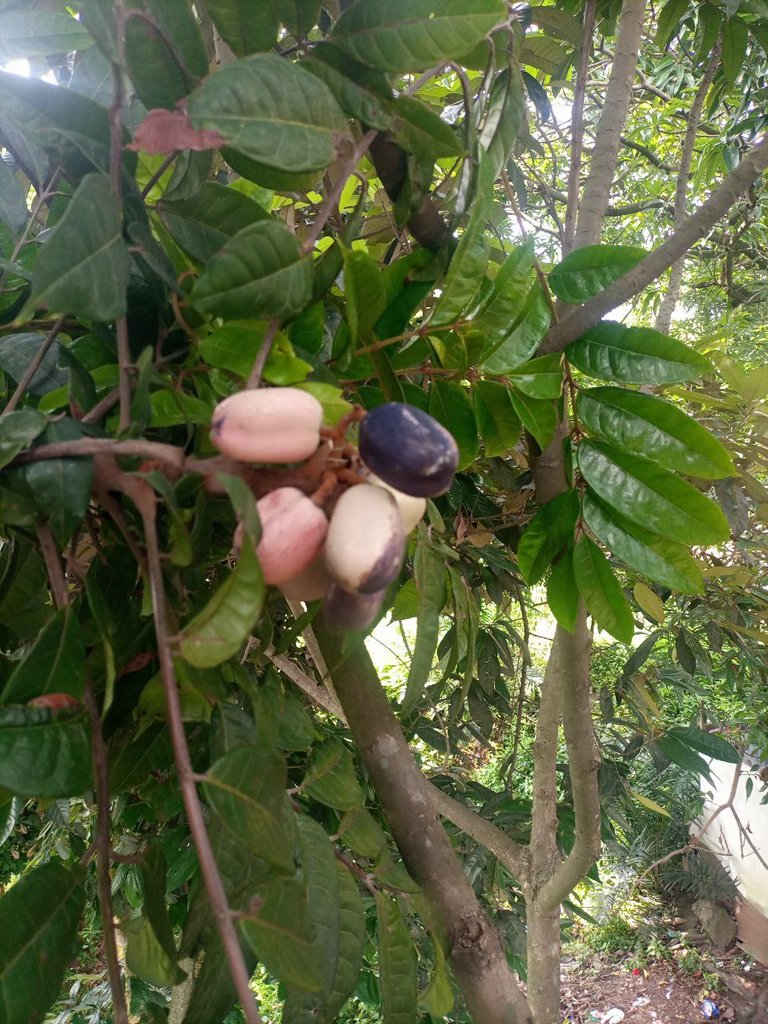
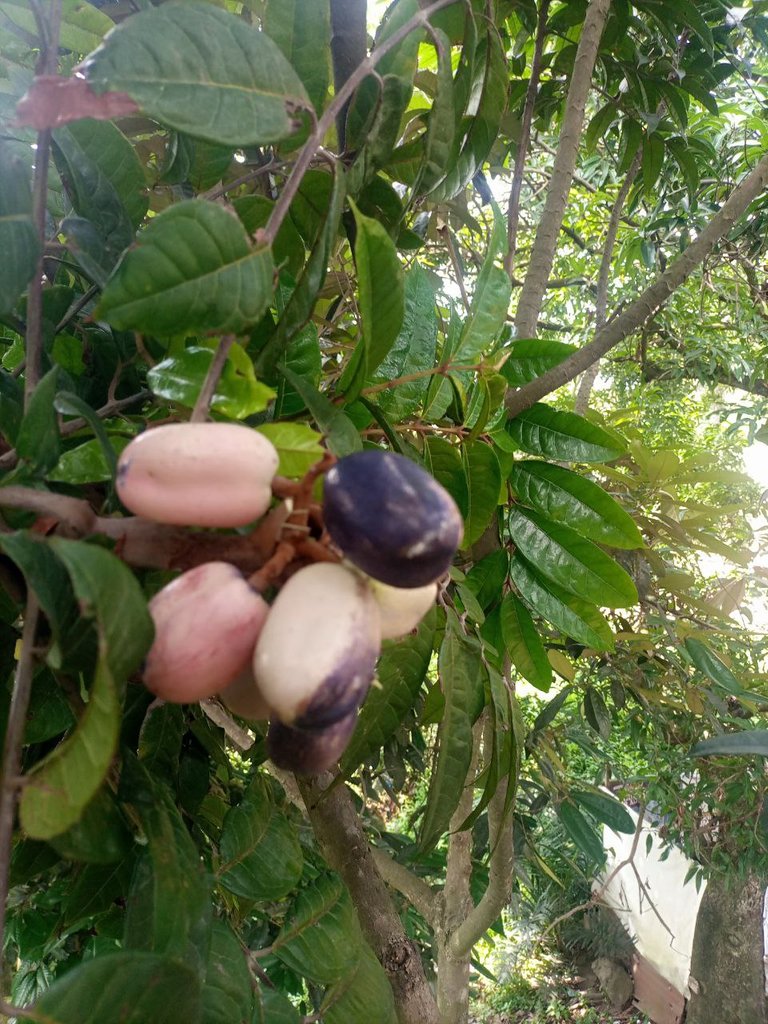
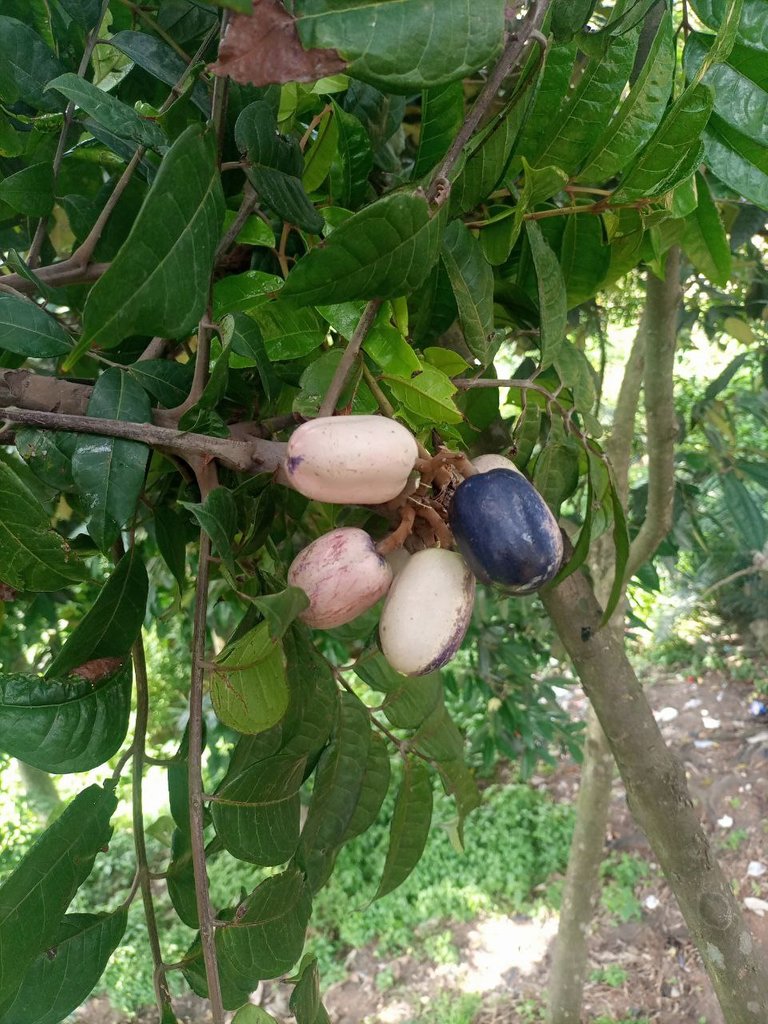
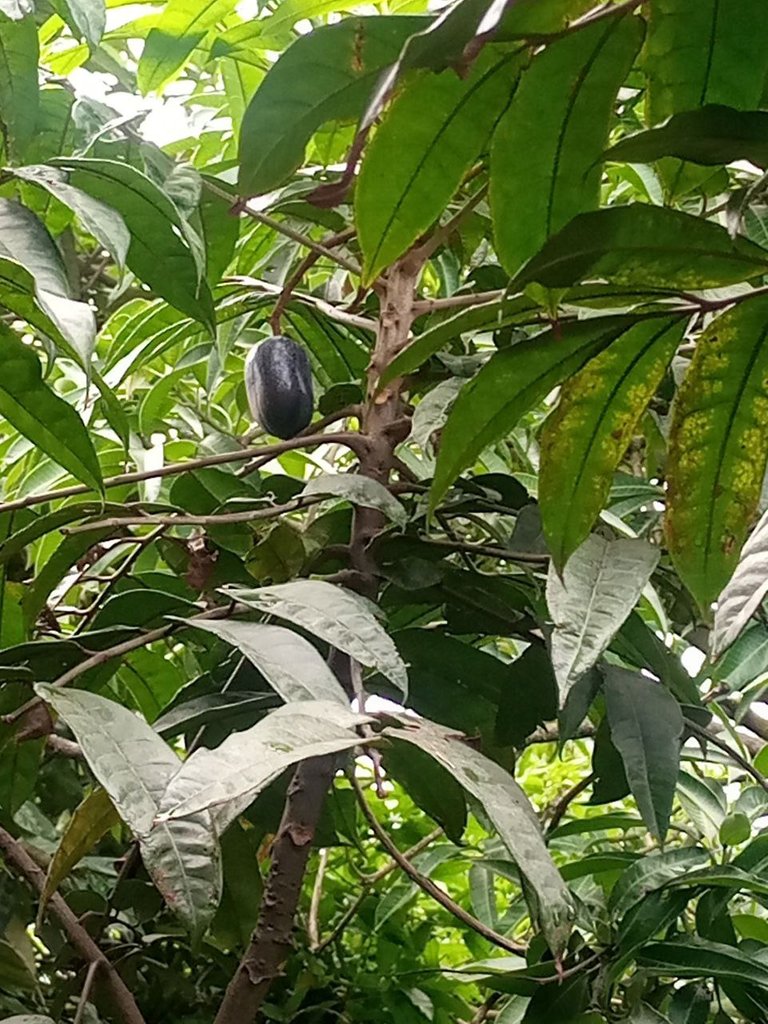
Be sure to like and follow me @danokoroafor for more articles like this.
All Images belongs to me
To be sincere, this is the first time I'm seeing the African pear tree
The details given about the Tropical African pear on natural medicine are actually what they seem to be.
Yes, it has many benefits They also taste great in food And its plants are very much planted in our land